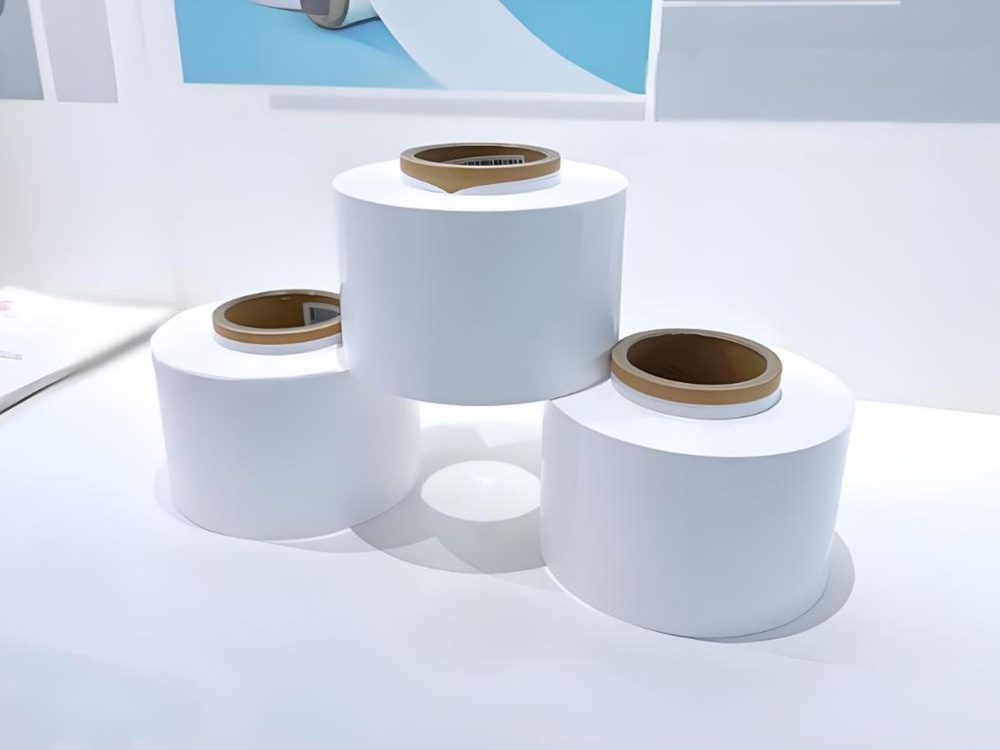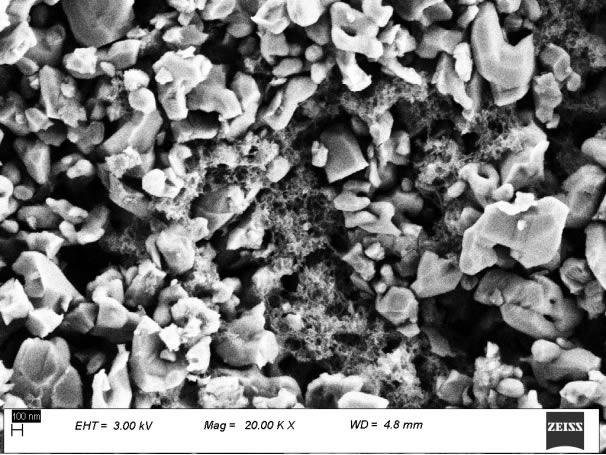Battery coated separator series |
|
| The self-developed bio-based polyamide coating material is combined with various adhesives and combined with ceramic or Boehmite layers. It is treated by water-based or oil-based coating process technology and adheres to the surface of base films produced by different methods. It can significantly improve the high-temperature stability of new energy batteries and enhance their safety. It is suitable for high-performance battery products, and material solutions can be customized. | |
| High security The oil-based aramid coated separator still retains elasticity and toughness after being exposed to 200℃ for 1 hour. The battery assembled with aramid separator passed through the 150℃ heat box. The pass rate of battery thermal needling is high. |
 |
| Long lifespan The cycle of lithium metal batteries has been improved by 30%. The cycle of manganese-based batteries has been improved by more than 20%. The sodium-electric cycle has increased by more than 40%. |
|
| High magnification Decreased DCR; The temperature rise of high-rate charge and discharge batteries has decreased significantly. |
|
 |
|
Furan-based Aramid water-coated separator ST03
Recipe Number :ST03
Features:
High electrolyte lubricity
Compatible with water coating process
Reduce fluid and cut costs
Fast charging
Application:
Semi-solid batteries, lithium iron phosphate power, large energy storage batteries, cylindrical batteries
| Product type | Water coating | |||||
| Product materials | Bio-aramid (BA1010), ceramic | |||||
| Diaphragm type | 7(PE) | 2+7+2 | 9(PE) | 1.5+9+1.5 | ||
| Product thickness | μm | 6.54 | 11.46 | 8.3 | 11.46 | |
| Infiltration rate | mm/60s | 38 | 98 | 35 | 98 | |
| Surface density | g/cm² | 4.15 | 8.39 | 4.2 | 8.39 | |
| Air permeability rate | s/100ml | 155 | 87 | 73 | 87 | |
| Puncture strength | gf | 444 | 457 | 454 | 457 | |
| Tensile strength | MD | Kgf/cm² | 3451 | 3471 | 2995 | 2987 |
| TD | 2250 | 2992 | 2363 | 2342 | ||
| Peel strength | Side A | N/m | / | 132 | / | 165 |
| Side B | / | 142 | / | 134 | ||
| Thermal shrinkage rate 130°C 1h | MD | % | / | 1.00 | / | 1.00 |
| TD | / | 0.60 | / | 0.60 | ||
| Thermal shrinkage rate 150℃ 1h | MD | % | / | 1.00 | / | 2.10 |
| TD | / | 1.20 | / | 1.60 | ||



